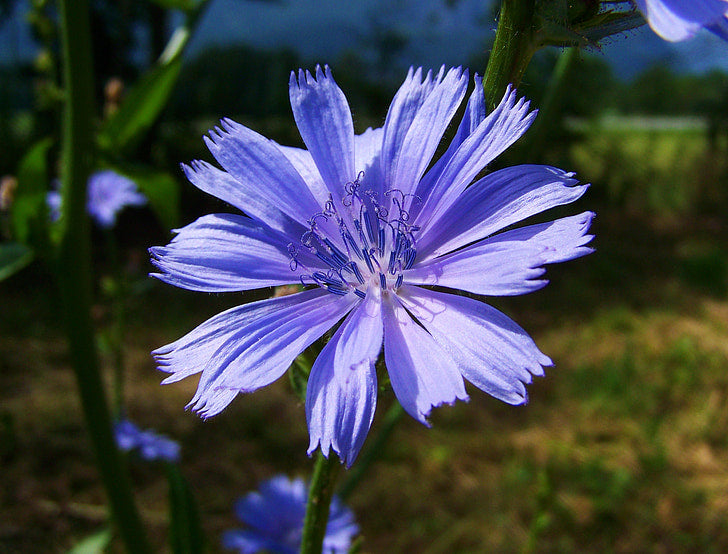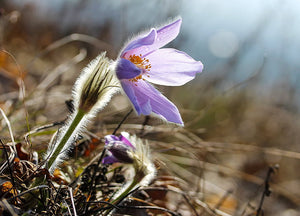In the quest for a sustainable future, environmentalism has emerged as a pivotal force, shaping our collective consciousness and actions. As an online retailer committed to eco-friendly products, we at Lovely Poo Poo believe in the power of knowledge to inspire change. This blog delves into the essence of environmentalism and traces the history of environmental movements, aiming to foster a deeper understanding and commitment to our planet's well-being.
What is Environmentalism?
Environmentalism is a social and political movement that advocates for the protection of the natural environment. It encompasses a wide range of beliefs and practices, from conservation and preservation to sustainable development and green living. At its core, environmentalism is about recognizing our interdependence with the Earth and taking responsible actions to ensure its health and vitality for future generations.
The History of Environmental Movements
The roots of environmentalism can be traced back centuries, but it was in the 20th century that the movement gained significant momentum. Here's a brief timeline of key milestones:
-
The Conservation Era (Early 1900s):
- President Theodore Roosevelt played a pivotal role in establishing the U.S. National Park System, setting the stage for conservation efforts.
- The establishment of the Sierra Club in 1892 marked the beginning of organized environmental advocacy in the United States.
-
The Environmental Awakening (1960s-1970s):
- Rachel Carson's seminal book, "Silent Spring" (1962), exposed the dangers of pesticides and sparked a widespread environmental awareness.
- The first Earth Day was celebrated on April 22, 1970, mobilizing millions to demand a healthier environment.
-
The Regulatory Era (1970s-1980s):
- The U.S. Environmental Protection Agency (EPA) was created in 1970, leading to the enactment of several landmark environmental laws, such as the Clean Air Act and the Clean Water Act.
- The concept of "sustainability" gained traction, with the Brundtland Commission's 1987 report defining sustainable development as "development that meets the needs of the present without compromising the ability of future generations to meet their own needs."
-
The Globalization of Environmentalism (1990s-2000s):
- The Kyoto Protocol (1997) and the Paris Agreement (2015) are examples of international efforts to combat climate change.
- The rise of environmental NGOs and grassroots movements, such as Greenpeace and the World Wildlife Fund, have amplified the global environmental discourse.
-
The Digital Age (21st Century):
- The internet has revolutionized environmental activism, allowing for rapid information dissemination and mobilization of support.
- Social media campaigns, like #FridaysForFuture, have engaged younger generations in the fight against climate change.
Why is Environmentalism Important?
Environmentalism is not just about saving trees or wildlife; it's about preserving the systems that support life on Earth. It addresses critical issues such as climate change, biodiversity loss, pollution, and resource depletion. By embracing environmentalism, we can:
- Ensure a Healthy Planet: Clean air, water, and soil are essential for human health and well-being.
- Protect Biodiversity: Diverse ecosystems provide food, medicine, and countless other services that sustain life.
- Promote Sustainable Development: Economic growth should not come at the expense of the environment or future generations.
- Encourage Innovation: Environmental challenges drive the development of new technologies and sustainable practices.
How You Can Contribute
Every action counts, and as a consumer, you have the power to make a difference. Here are some simple steps you can take:
- Choose Eco-Friendly Products: Opt for products like our bamboo toilet papers, which are biodegradable and sustainably sourced.
- Reduce, Reuse, Recycle: Minimize waste, repurpose items, and recycle whenever possible.
- Support Green Policies: Advocate for and support policies that protect the environment.
- Educate and Share: Spread awareness about environmental issues and inspire others to join the cause.
SO. . . .
Environmentalism is a collective endeavor that requires the participation of every individual, community, and nation. By understanding its history and importance, we can better appreciate our role in this global movement. As we continue to offer eco-conscious products, we at Lovely Poo Poo invite you to join us in our mission to protect and preserve our precious planet for generations to come. Together, let's make a difference—one choice at a time.
Read more:
- Sowing Seeds of Change: A Journey Through the History of the Environmental Movement
- Healing the Earth: Unraveling the Mysteries of Acid Rain
- A Breath of Fresh Air: Demystifying WMO's Global Climate Observing System (GCOS)







